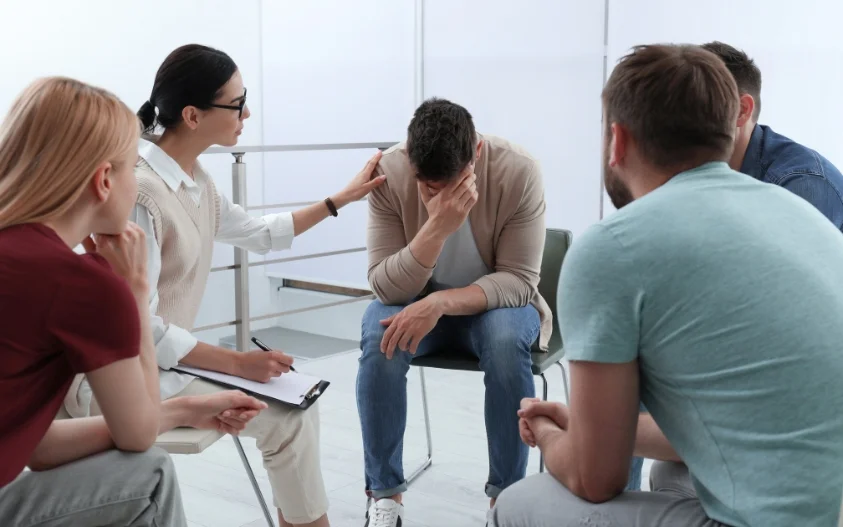24/7 Helpline:
(866) 899-221924/7 Helpline:
(866) 899-2219
Learn more about PTSD Rehab centers in Pasco
PTSD Rehab in Other Cities

Other Insurance Options

AllWell

Molina Healthcare

Group Health Incorporated

Amerigroup

Magellan

Anthem

Regence

BHS | Behavioral Health Systems

Carleon

Coventry Health Care
Beacon

Health Partners

Multiplan

American Behavioral

UnitedHealth Group

GEHA

Access to Recovery (ATR) Voucher

State Farm

CareSource

Health Net

Tri City Community Health
Tri City Community Health is a public rehab located in Pasco, Washington. Tri City Community Health ...

Comprehensive Healthcare
Comprehensive Healthcare provides a range of addiction and substance use disorder treatment services...

Tri Cities Community Health – Counseling Services
Tri Cities Community Health – Counseling Services is a private rehab located in Pasco, Washington. T...

Assessment and Treatment Associates
Assessment and Treatment Associates is a counseling clinic located in Pasco, WA. Assessment and Trea...










Lourdes Desert Hope
Lourdes Desert Hope is a private rehab located in Pasco, Washington. Lourdes Desert Hope specializes...

Teen Challenge – Tri Cities Campus
Teen Challenge, located in Pasco, Washington, is a men’s addiction treatment center. They provide ca...

